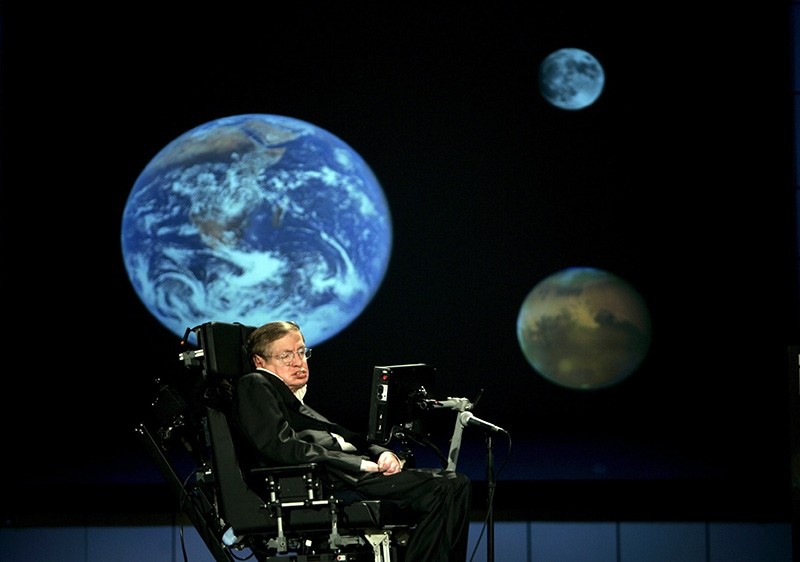
The ashes of celebrated physicist Stephen Hawking will be interred at London's Westminster Abbey near the grave of Isaac Newton.
A spokesman for the abbey said Tuesday the ashes will be placed there later this year at a thanksgiving service.
The Dean of Westminster Rev. John Hall said it is "entirely fitting" that Hawking's remains will be placed in the abbey "near those of distinguished fellow scientists."
He said Newton was buried in the abbey in 1727 and Charles Darwin was buried there in 1882.
Hawking, who died last week at the age of 76, was one of the world's most accomplished physicists despite suffering the effects of amyotrophic lateral sclerosis.
Propelled to stardom by his 1988 book "A Brief History of Time", an unlikely worldwide bestseller, Hawking's genius and wit won over fans from far beyond the rarefied world of astrophysics.
As a scientist he earned comparisons with Albert Einstein and Isaac Newton.
Propelled to stardom by his 1988 book "A Brief History of Time", an unlikely worldwide bestseller, Hawking's genius and wit won over fans from far beyond the rarefied world of astrophysics.
As a scientist he earned comparisons with Albert Einstein and Isaac Newton.
Several thousand people have signed a book of condolence at Gonville and Caius, while many more from around the world have sent messages in an online version.
Hawking defied predictions that he would only live for a few years after developing a form of motor neurone disease in his early 20s.
The illness gradually robbed him of mobility, leaving him confined to a wheelchair, almost completely paralyzed and unable to speak except through his trademark voice synthesiser.
He became one of the world's most well-regarded scientists and entered the pantheon of science titans.
Hawking died peacefully at his Cambridge home. His health had been deteriorating since the New Year.
